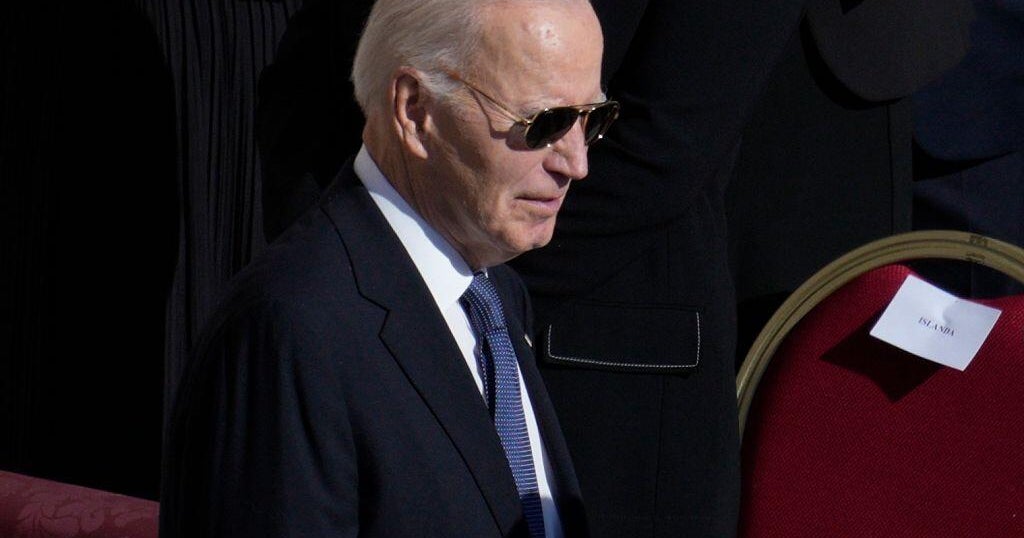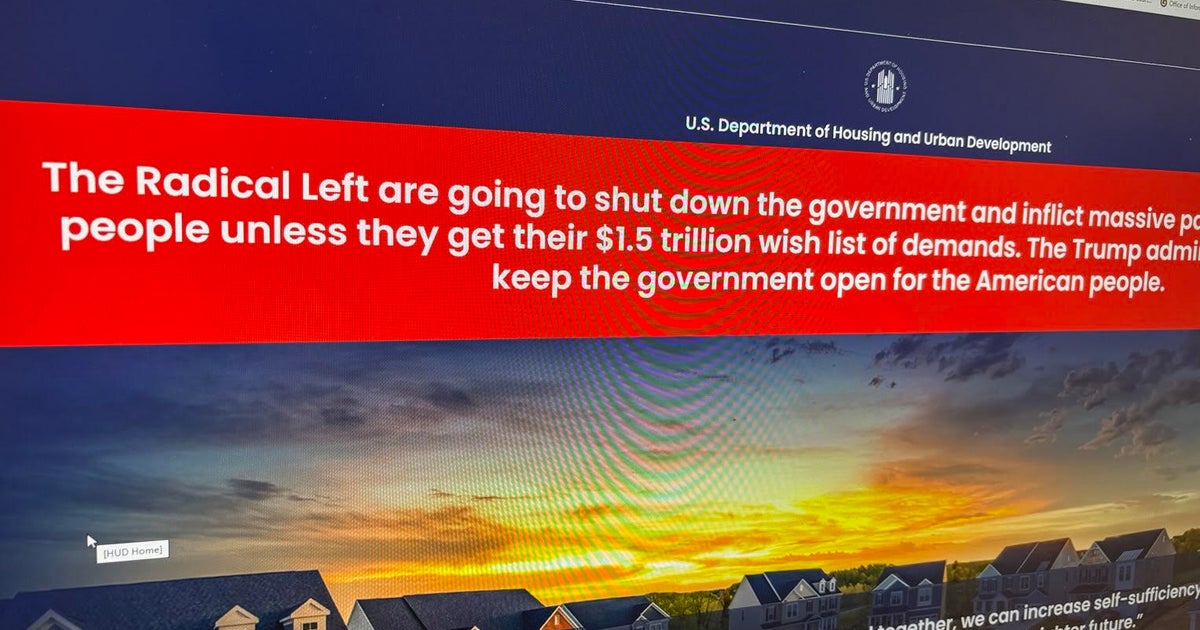
Former President Joe Biden’s recent announcement regarding his prostate cancer diagnosis and subsequent radiation therapy underscores a profound reality that extends far beyond the personal struggles of one individual. As he embarks on this challenging journey, the implications ripple across the fabric of American society, highlighting glaring inequities in healthcare access and the broader systemic issues linked to health disparities.
Biden’s spokesperson confirmed that he is receiving treatment that includes both radiation therapy and hormone therapy, initiated just a few weeks ago. Reports suggest that the former president is responding positively to the treatment, which is being administered in Philadelphia. This news, while personal, also serves as a poignant reminder of the harsh realities faced by millions of Americans who battle similar health issues without the privilege of financial and systemic support.
Diagnosed with an “aggressive form” of prostate cancer, characterized by a high Gleason score of 9, Biden finds himself in the second-highest risk category for this pervasive disease. Prostate cancer is the second-most common cancer affecting men, with age being the primary risk factor. The complexity of treatment options available—ranging from radiation and chemotherapy to surgery and hormone treatment—further illustrates the need for a healthcare system that prioritizes patient wellbeing over profit.
In stark contrast to Biden’s experience, many Americans grapple with the often insurmountable barriers to receiving timely and adequate medical care. The reality is that prostate cancer, like many other health issues, disproportionately affects marginalized communities, where systemic inequities lead to late diagnoses and poorer outcomes. This disparity is not merely a statistic; it manifests in real lives, as individuals without the resources or insurance coverage face devastating consequences.
Additionally, Biden’s previous battle with skin cancer further emphasizes this narrative. While he underwent successful treatment for basal cell carcinoma during his presidency, the experience highlights the continuum of health challenges that can afflict anyone, regardless of status. The medical establishment must grapple with the fact that those with means often have easier access to early diagnosis and treatment options, while others are left to navigate a labyrinth of bureaucracy and financial strain.
The implications of Biden’s health journey extend beyond personal resilience; they call for a critical examination of the healthcare system as a whole. The fact that a former president, with all the privileges that accompany such a position, still faces the harsh realities of cancer treatment must ignite a sense of urgency for reform. The healthcare system in the United States is riddled with inequities that often prioritize profit over patient care, leaving vulnerable populations behind.
The alarming statistics surrounding prostate cancer underscore the need for increased awareness, early detection, and equitable healthcare access. Advocacy for comprehensive healthcare reform must become a rallying cry for all who believe in social justice and human rights. It is not enough to support individuals as they navigate their health battles; we must also challenge the systemic forces that perpetuate inequality within our healthcare system.
As Biden confronts this challenge, he stands as a symbol of resilience, but also as a reminder of the flaws in a system that allows for such disparities. His journey should compel us to reflect on our collective responsibility to advocate for a healthcare system that serves everyone, irrespective of their socio-economic status.
In the face of his diagnosis, Biden’s experience is an opportunity for a national dialogue about the urgent need for healthcare reform. We must not let individual stories of struggle fade into the background; rather, we should amplify them to challenge the entrenched power structures that allow inequities to persist. It is time to demand a system that prioritizes health as a human right, ensuring that no one has to fight for their life in a system that favors the privileged few.
This article highlights the importance of and Systemic Inequities.


